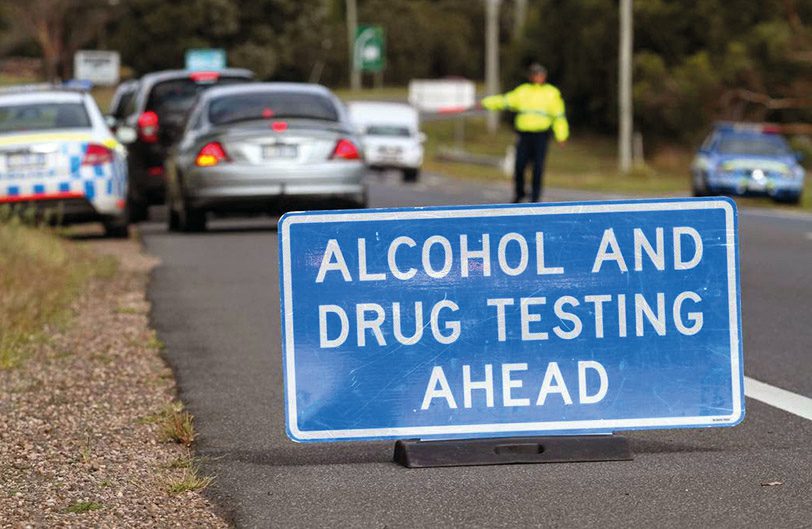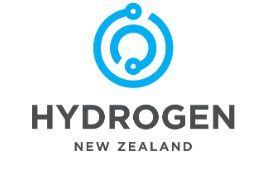National Road Carriers Association (NRC) supports the Government’s new legislation to enable roadside drug testing.
“We welcome this announcement and support the move to detect drivers under the influence of drugs to keep our roads safe, productive and efficient,†said NRC CEO Justin Tighe-Umbers.
“It is important that legislation is workable from a road freight operator perspective and NRC looks forward to working with the Government to achieve this.â€
Tighe-Umbers said NRC has worked closely for many years with The Drug Detection Agency (TDDA) to reduce risks on the roads by providing operators and trucking companies with advice, guidance and testing services. It helps truck drivers comply with the law and drive safely.
TDDA provides New Zealand and Australian businesses with end-to-end workplace substance testing, education and policy services. TDDA processes more than 250,000 tests each year throughout Australasia.
TDDA Chief Executive Officer Glenn Dobson said official figures show alcohol and drugs are the number one contributing factor in fatal road crashes in New Zealand. In 2022 alcohol and drugs are contributors to 200 fatal crashes on our roads. Despite this, only 26 per cent of drivers think they are likely to be caught drug driving.
“We work closely with truck drivers across the country, we know they take their jobs and road safety seriously. Professional drivers are people too, and any injury accidents – no matter who is at fault – cause mental distress and anguish. Managing road risks is in all our interests.
“Higher risk on the roads leads to accidents, accidents close roads and stop trucks, and when trucks stop so do many other businesses. That costs people money and the flow on effects continue, taxpayers fund crash investigations, businesses pay for TDDA post incident testing, and insurance premiums go up. Now is not the time to add cost burdens to families or businesses. TDDA firmly supports roadside drug testing to reduce drug-related road accidents, which will reduce injuries, save taxpayer money, and most importantly, save lives.â€
Tighe-Umbers said higher risk on the roads also likely means higher insurance premiums as insurance is risk priced and you pay on probability. “When households and businesses are already managing tight finances every step we can take to reduce drug-related road accidents will save money as well as saving lives and reducing injuries.â€




